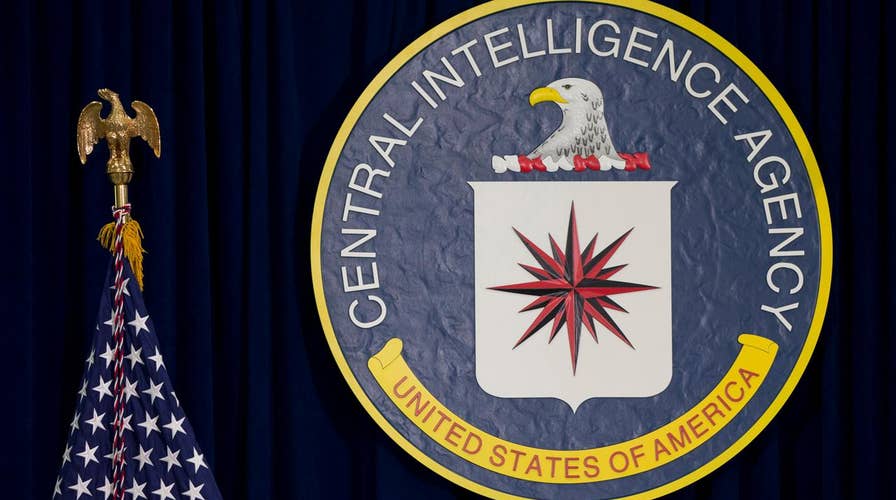Leaked documents expose scope of CIA's hacking ability
Insight from Jack Gillum, reporter for the Associated Press
Less than 24 hours after WikiLeaks published what it described as the “entire hacking capacity of the CIA,” a federal criminal probe by a specialized FBI unit has begun, Fox News confirmed.
But while tracking down moles is nothing new for the FBI or the CIA, experts are suggesting that this search could prove to be particularly difficult.
The 2010 leak perpetrated by Army Pvt. Chelsea Manning, then known as Bradley Manning, inspired President Obama to create a group dedicated solely to tracking down & catching government leakers. Manning was caught after revealing the extent of her actions to an American hacker, who later testified against her. A short time later, Obama would announce the creation of the National Insider Threat Task Force.
The NITTF was formed "to prevent, deter and detect compromises of classified information by malicious insiders," according to its website. Despite the group’s singular focus on this issue, the NITTF was pointing out in a foreboding Tweet earlier this week that "all of the firewalls in the world won’t stop an insider who is already on the inside of these firewalls."
The formation of the group also did little to stop NSA leaker Edward Snowden from giving WikiLeaks a trove of documents on government surveillance back in 2013. In Snowden's case, he actually unmasked himself as the leaker, and has been on the run ever since.
FBI Director James Comey didn't address the WikiLeaks dump specifically during remarks he made at a cybersecurity conference at Boston College today. However, he made clear that since Snowden's infamous leak, technology has made the search for criminals of all kinds, cyber or otherwise, much more difficult.
"There's always been a corner of the room where the FBI operates where sophisticated actors were who had access to encryption," Director Comey said. "What's happened to us since Snowden… is that more and more of that room has gotten dark as encryption has become the default."
WikiLeaks claims that there are more than 5,000 employees working in the breached unit, the CIA’s Center for Cyber Intelligence (CCI). And while security experts tell Fox News that number may be "a bit high," others are pointing out that this is the first hack of its kind at the famously clandestine agency.
Gregory Keeley, an expert in the security of digital devices and co-founder of the consulting company Phosphorus, says “what we have to understand is… the CIA’s never been hacked like this before. With 5,000-plus users in that particular unit, how will they track that leak?"
Potentially even more concerning, Keeley added, is the fact that “it wasn't just documents and data that was stolen, it was actual software and that’s a much bigger deal… If you're someone using things like Google Chrome or McAfee anti-virus software on your devices, this hack is potentially the keys to that kingdom. And once the bad guys can access that, it's going to be very difficult to shut that door.”









































